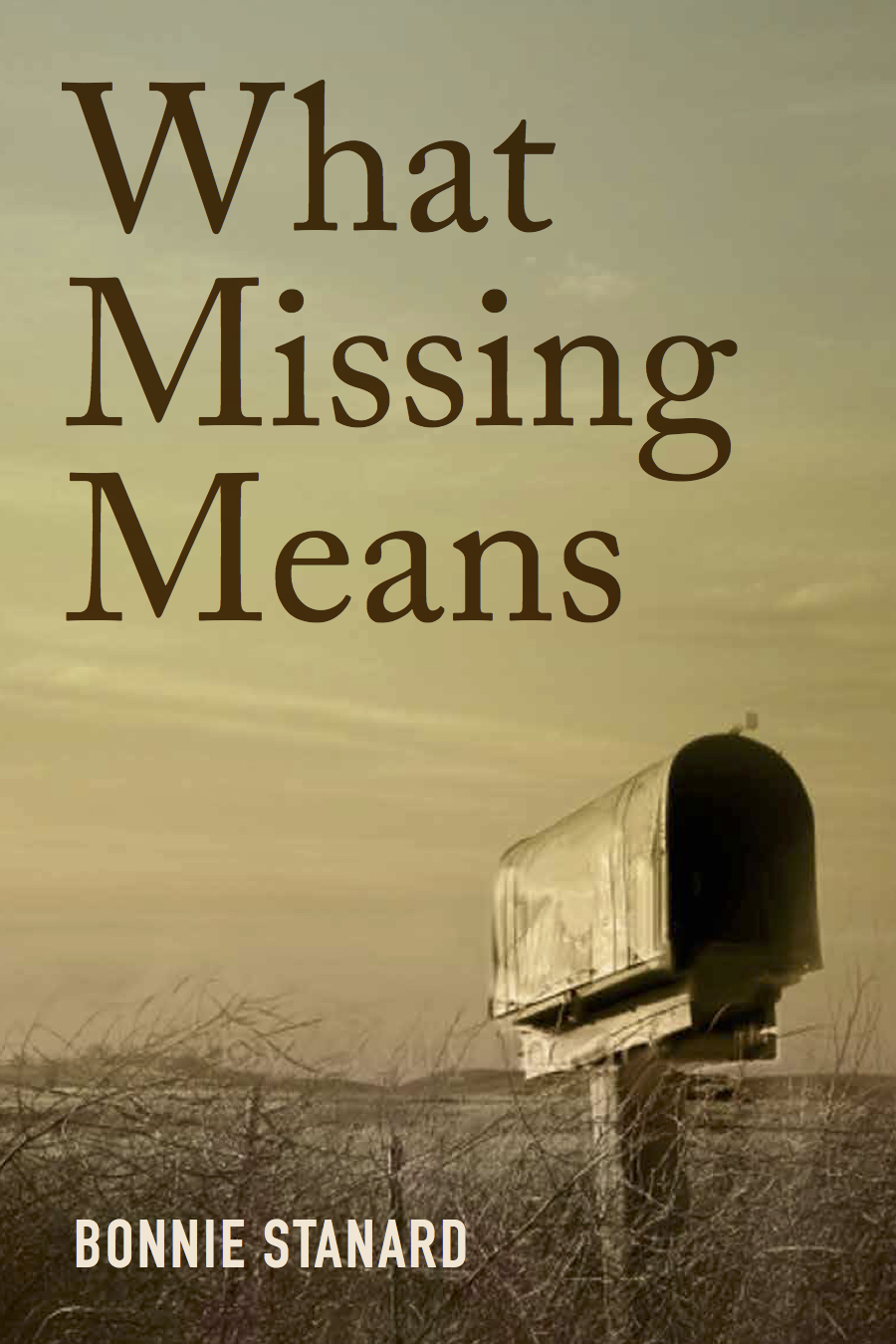Getting the WWII Facts
I’m in my favorite place to
write, Shell Point near Beaufort, SC. In the weeks I’ve been here, I’ve
completed the fourth overhaul of a WWII coming of age story with a 12 year-old
girl as the point of view (POV). I’m now working on the sequel.
There’s a soldier in the
story. World War II remains a pinnacle of societal failure for the 20th
Century. I hope its stories will never die. If nothing else, it showed us in
black-and-white that we might very well destroy human life on our planet.
WWII VETERANS
Years ago when I was
writing a feature article for a Lexington County periodical (The FairView
News), I interviewed local
veterans, though many of them were reluctant to talk of wartime experiences.
James Mosley (Leesville, SC) had been on a ship attacked by a kamikaze. Leland
Rawls (Wagener, SC) survived days floating in an Asian sea after his ship went
down. He said the survivors talked and sang at night to try to keep track of
one another. It was a miracle he lived to tell his story.
ARMY LETTERS
Yesterday I spent a lot of
time on the web searching for original notification letters sent by the Army to
families of soldiers missing in action.* As is often the case, I spent as much
time reading as writing. Statistics are boring to me, but this one shocked me.
After WWII, there were 79,000 unaccounted war dead.** As of 2012, there were
still 73,000 missing. By now, those families who endured the heartache of
losing loved ones but not losing hope are dying out.
SOUNDING OFF
It is easier to forget than
to change our ways. I mean that as no criticism of the USA fighting against the
Nazis. That an educated, cultured, and industrial society such as Germany
should go on a rampage, setting in motion the war, is evidence that we can’t
relax and assume governments will understand the stakes and negotiate with
fairness. When I’m in a bad mood, I can believe our own country is too
aggressive in its international relations, all in the name of establishing
peace.
By comparison, in 1973
there were 2,646 MIAs from the Vietnam War. Maybe that’s encouragement—that we’ve
learned to kill ourselves with less ferocity.












Bonnie,
ReplyDeleteGreat blog. Can we love a place or thing? Probably not like we can a person, but it is fascinating how some places speak to us and others do not. People love the sea or the countryside or city; each beckons them. And the word love gets overused, but often it's the only word the applies. It sounds like you love that place, but it must be in a different category of love. Good subject.
Look forward to your book!
Ed